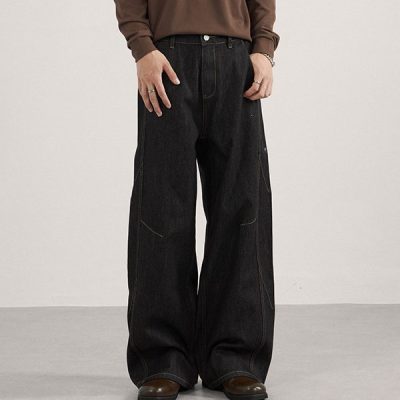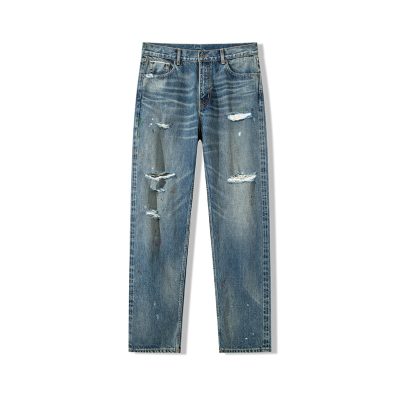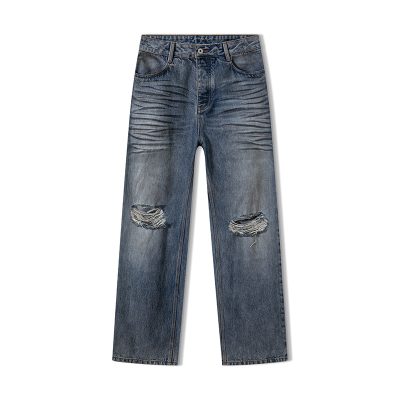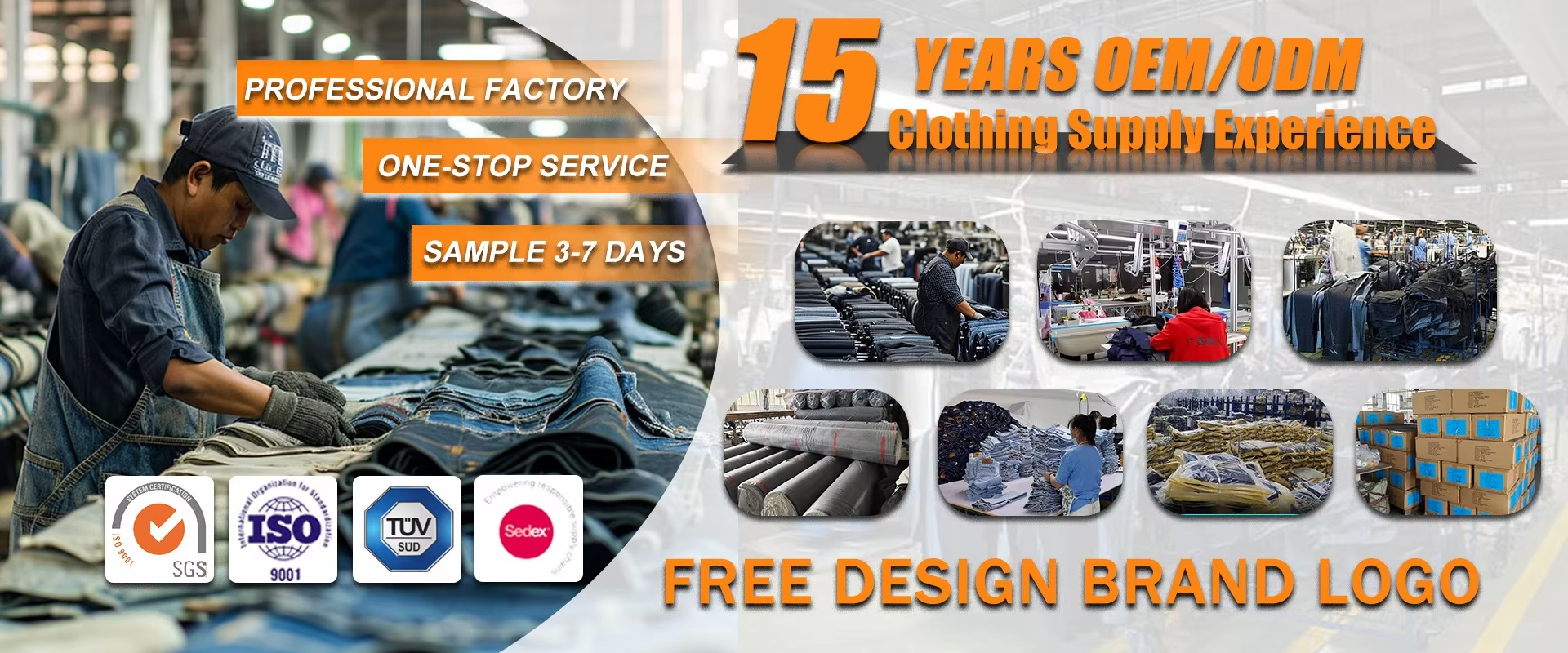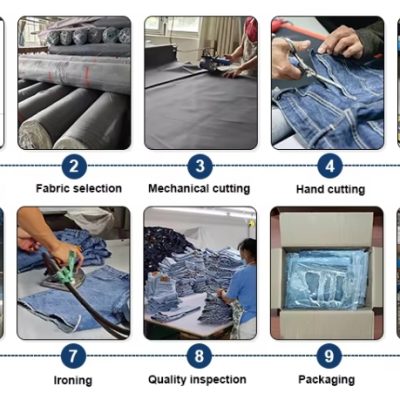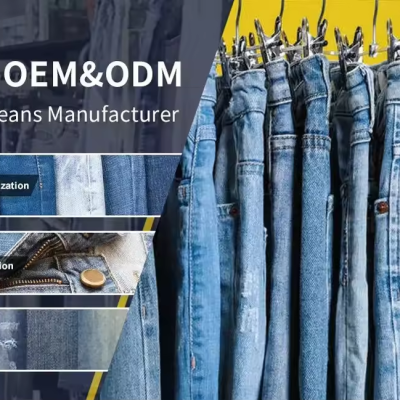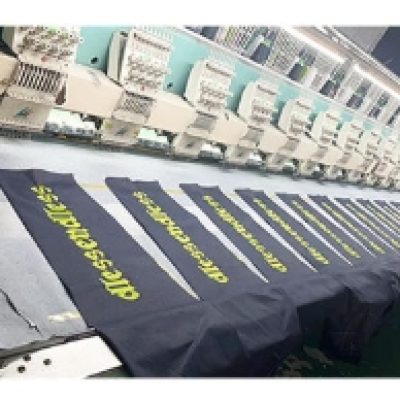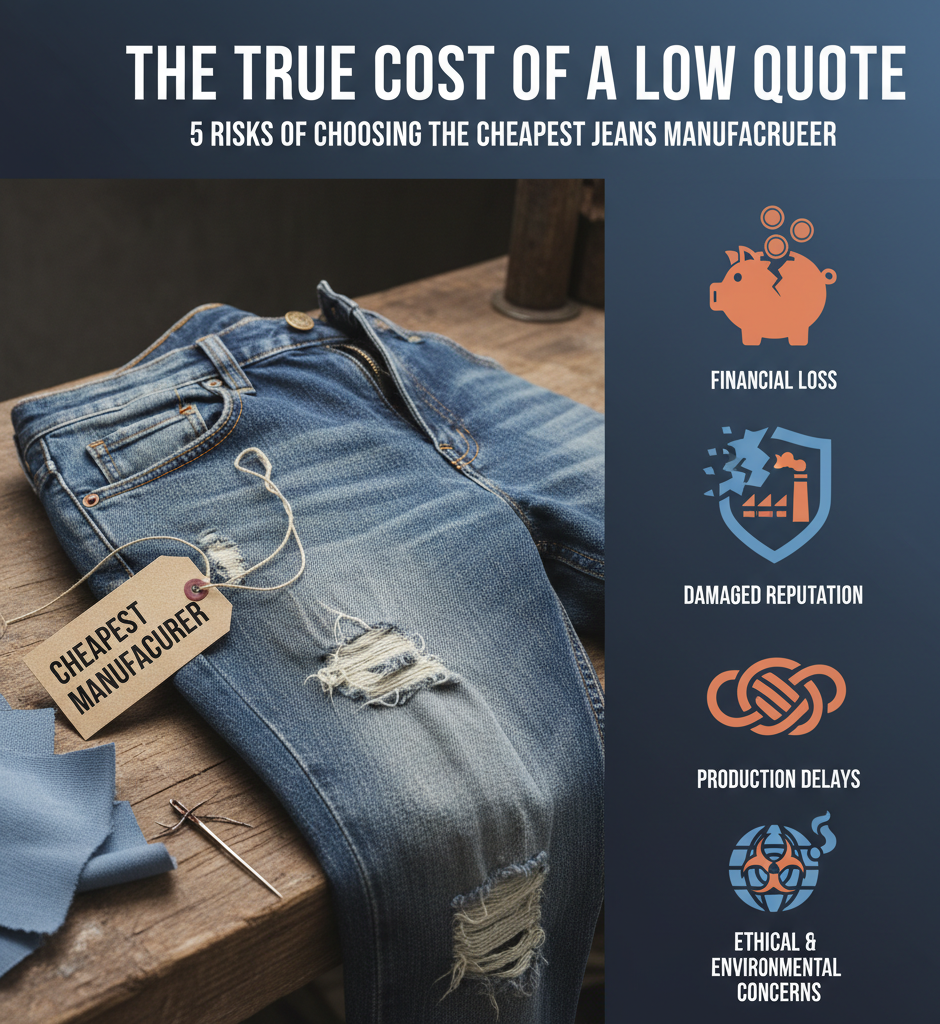
As a brand, receiving quotes for your new denim line is an exciting step. When you see one price that is significantly lower than the others, it can feel like a major win for your budget. But as veterans in the high-quality denim manufacturing industry, we urge you to pause and ask a critical question: What am I truly paying for?
A quote that seems too good to be true often is. An impossibly low price isn’t a sign of efficiency; it’s a warning sign of compromise. Choosing a manufacturing partner based on the lowest bid can expose your brand to significant risks that far outweigh the initial savings.
Here are the five critical areas where corners are cut to achieve a rock-bottom price, and the risks they pose to your business.
1. Compromised Material Quality
The foundation of any great pair of jeans is the denim itself. This is the first place a low-cost factory will make sacrifices.
- The Risk: Instead of using durable, long-staple cotton denim that ages beautifully, you may get a product made from cheaper, weaker fabrics. This can mean jeans that lose their shape after a few wears, tear easily, or have colors that fade unevenly. The hardware—zippers, buttons, and rivets—will also be of lower quality, prone to breaking and tarnishing. The result is a product that leads to customer dissatisfaction, negative reviews, and high return rates, damaging your brand’s reputation for quality.
2. Substandard Workmanship and Quality Control
Skilled labor is an investment. A factory offering an extremely low price is likely cutting costs on worker wages, training, and, most importantly, quality control.
- The Risk: You can expect inconsistent sizing, sloppy stitching, and poor construction. Seams may unravel, patterns might not align, and the final product may look nothing like your approved sample. Without a dedicated quality control team, these defects are not caught before shipment. This leaves you with a large inventory of unsellable goods and the headache of managing production errors from thousands of miles away.
3. Unethical Labor Practices
A fair price reflects a fair wage. Factories that underbid their competition are often able to do so by exploiting their workforce. This can include paying below minimum wage, enforcing excessively long hours, and maintaining unsafe working conditions.
- The Risk: Associating your brand with a factory that violates labor laws is a public relations disaster waiting to happen. In today’s transparent market, consumers are more conscious than ever about where their clothes come from. A single report of unethical practices can permanently tarnish your brand’s image, leading to boycotts and a complete loss of customer trust. Protecting your brand means ensuring your partners adhere to ethical standards.
4. Environmental Non-Compliance
Sustainable manufacturing practices have a cost. Proper water treatment for indigo dyeing, responsible disposal of chemicals, and using eco-friendly materials require investment in technology and processes.
- The Risk: Low-cost factories often bypass these crucial environmental regulations, dumping untreated wastewater and harmful chemicals directly into the local ecosystem. Aligning with such a partner not only contributes to environmental damage but also makes your brand vulnerable to criticism from environmentally conscious consumers and regulators. A commitment to sustainability is no longer a bonus; it’s a core expectation for modern brands.
5. Hidden Costs and Poor Service
The initial, alluringly low quote is often just a tactic to get you in the door. These factories plan to make up their margin through other means.
- The Risk: You may be hit with unexpected charges for samples, packaging, shipping adjustments, or rework fees. Communication is often poor, leading to misunderstandings and costly delays that disrupt your launch schedule. A professional partner provides transparent, all-inclusive pricing (FOB or similar) and acts as a true partner, guiding you through the process. A low-cost bidder provides a transaction, and often a difficult one at that.
What a Fair Quote Represents: A Partnership in Quality
A fair quote from a reputable manufacturer isn’t just a price for a product. It’s an investment in:
- Premium, durable materials.
- Skilled artisans and meticulous craftsmanship.
- Ethical treatment of workers.
- Sustainable and responsible production.
- Transparent communication and reliable service.
Ultimately, the price on a quote reflects the value a manufacturer places on their product, their people, and their partners. While the lowest price might seem to protect your budget upfront, choosing a quality-focused manufacturing partner is the only way to protect your most valuable asset: your brand.


